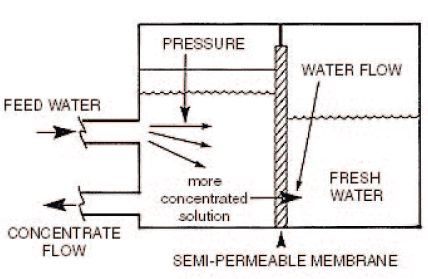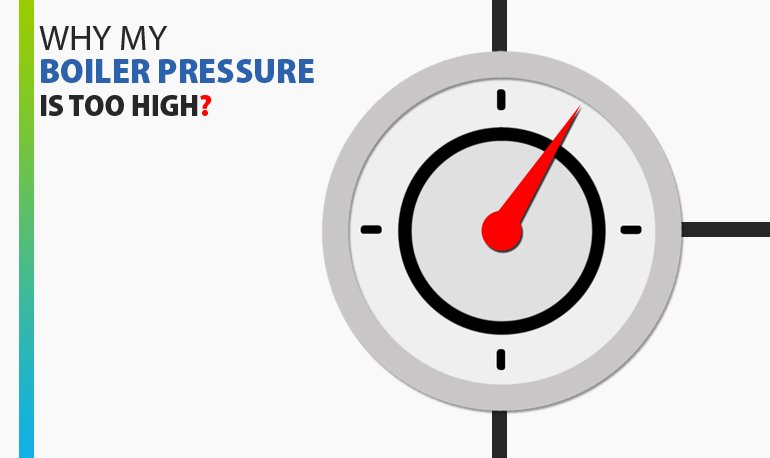Post Content
It is important to keep an eye on the functionality of the boilers and use an annual boiler service to ensure their safe and efficient functionality. The pressure of the boiler can fluctuate for a variety of reasons, and it is essential to know how to re-pressurize the boiler.
If the boiler pressure is too high then it can have a negative impact on the working of the central heating and the system will get strained beyond its capacity and can potentially fail.
The pressure of the boiler is displayed on a pressure gauge that is built-in. The pressure gauge should read 1 bar mark when the water is running hot and the central heating is off so the 1 bar is the low-pressure setting.
– Higher Boiler Pressure – Reasons
The heated water expands as the boiler starts heating the water. It can lead to an increase in the pressure gauge. When the boilers have an inbuilt pressure relief valve that controls the quick leaps of pressure so high pressure is not going to be a problem. It can happen when both hot water and central heating are being used. Once you are done using hot water and heating the pressure will get back to normal.

An Illustration of Boiler Pressure
– How to Lower the High Boiler Pressure?
-
Check Pressure Relief Valve
When the boiler is re-pressurized you need to turn the filling loop and the valve so that the water can be pumped into the boiler. If the temperature is high and not lowering then it is possible that you forgot to close it. The pressure can fluctuate if the valve is accidentally loosened or knocked.
-
Bleeding the Radiators
If the boiler temperature is not decreasing then you need to lower the pressure of the central heating system and a great way of doing that is to bleed the radiators. It will lower the boiler pressure. You should keep doing the bleeding until the pressure of the boiler returns to a safe level.
-
The Expansion Valve
If the pressure is still high then you may need to re-pressurize the expansion vessel.
-
Filling Loop
If there is a fault with the filling loop, then it can increase the pressure of the boiler.
But these procedures are not safe to handle by yourself, and you should get professional help from a Safe Gas engineer.
The boilers are equipped with pressure relief valves so you do not have to worry too much about the high pressure. If the boiler is working properly and not making any strange noises then it is safe to use and the pressure valves will take care of the over-pressurizing of the boiler.


